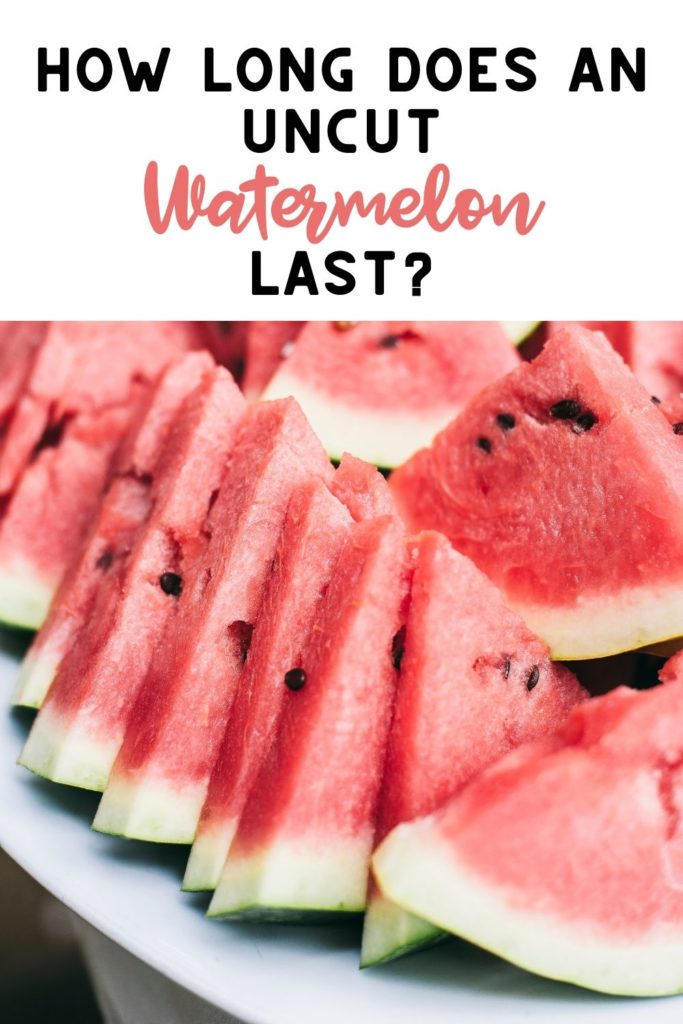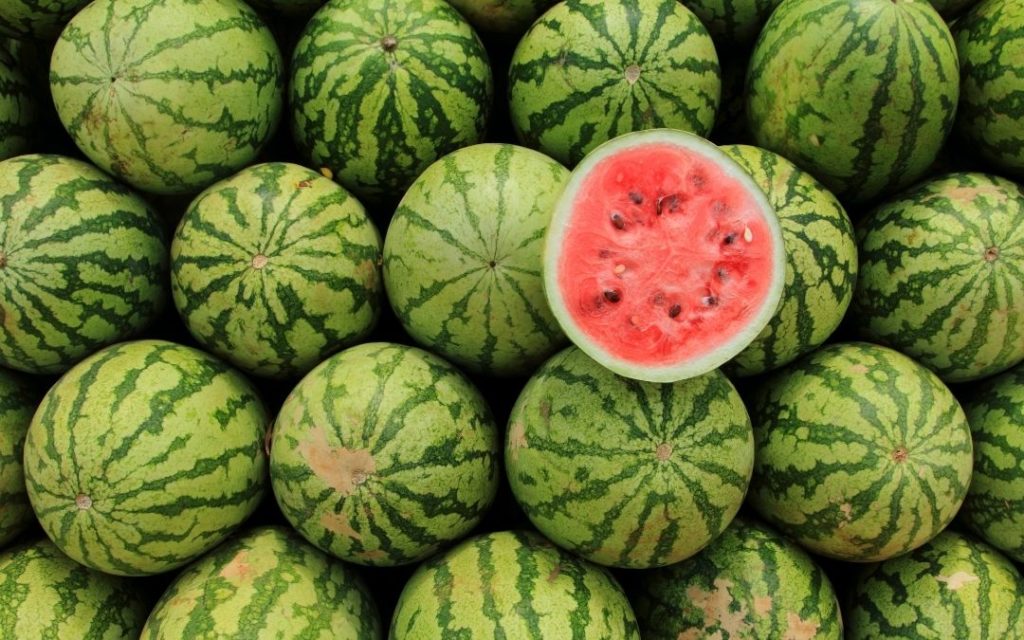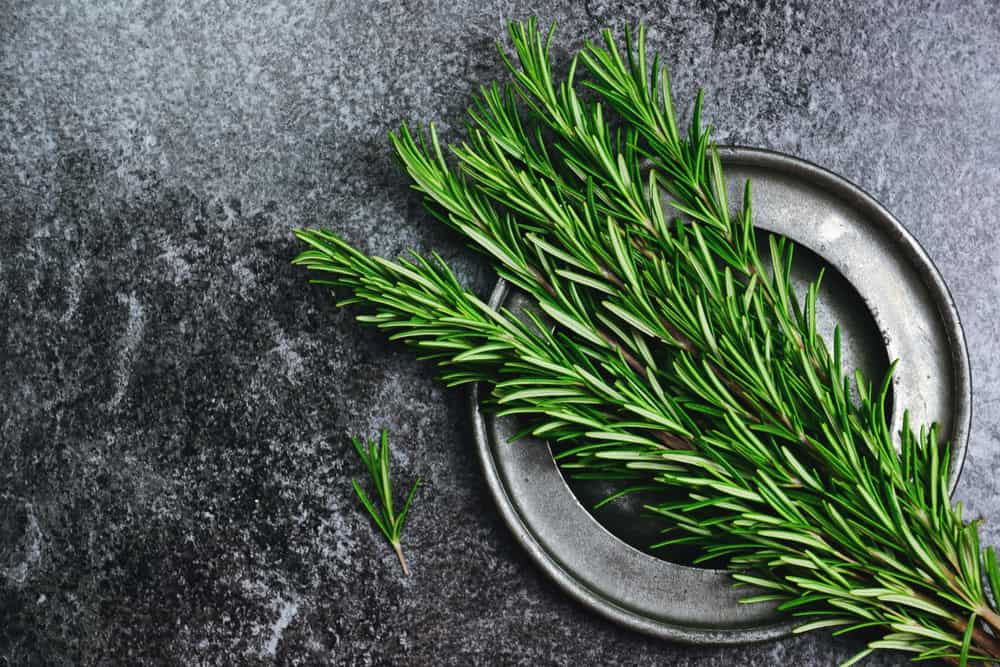Watermelon is a good snack on hot summer days—as it is rich in a citrulline amino acid that can aid in enhancing blood flow and help reduce blood pressure.
It’s always a good feeling when you purchase a large watermelon and bring it home. You always want to cut it into pieces and start munching on it. But what if you can’t finish it? How will you store it, or rather, how long will it last without going bad?
In this post, I’ll walk you through everything you should know about storing your watermelon. Heck, I’ll even walk you through some of the related questions on how long will an uncut watermelon last—so let’s get started.
This post may contain affiliate links. Read my disclosure policy here.
How Long Does An Uncut Watermelon Last?
Uncut watermelons can be kept on the counter for 7-10 days and in the fridge for 2-3 weeks before going bad. The shelf life of a watermelon is determined by when it was collected from the market and how you preserved it before reaching the market and after bringing it to your home.
Watermelons, like other fruits, have a short shelf life. A whole watermelon can be kept well in the pantry for about a week and maybe up to 10 days. The timer begins to run after you cut it apart. That said, a watermelon will remain fresh for 3 to 5 days after you’ve cut it.
Watermelon is safe to eat on an empty stomach as this helps relieve hyperacidity and aids in the excellent absorption of vital elements essential to the body.
It’s recommended that your watermelon straight away, as is customary, although this isn’t always possible. Wrapping your cut watermelon is critical if you want to keep the leftovers in the fridge for longer than a day.
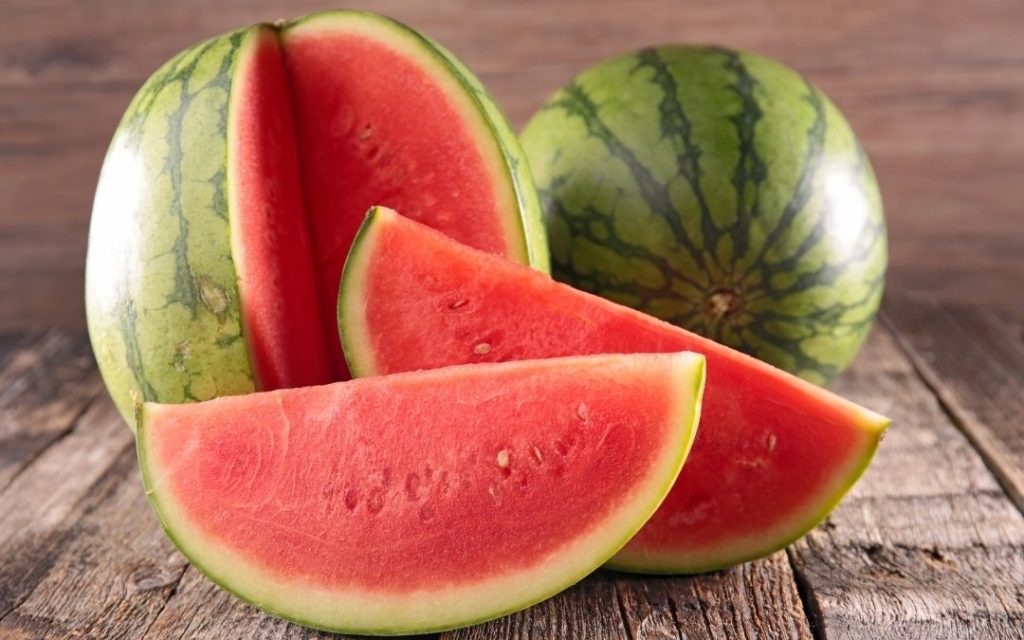
How Do I Store Watermelon?
It is advisable to store watermelon as harvested in the garden and only cut it when you want to consume it—if you’re going to maintain its quality. When you get home, you can keep the watermelon in the pantry or the refrigerator. In other words, the colder the place, the longer your watermelon is likely to stay.
If you’re not sure when you’ll consume your watermelon, store it in the fridge, and in case you haven’t sliced it, keep it on your countertop in a cool area for approximately 2-3 weeks. If you want to chop it up the same day or the following day, it may sit on the counter for that duration.
The storage of your watermelon will also depend on when it was harvested. For example, if you harvested your watermelon recently, it will last considerably longer than one that has been in the market for a week or two. Remember to compost your watermelon rinds because they are a favorite meal of the worms.
Wrap your watermelon firmly if you intend to store it in the refrigerator for longer than a day. And if the watermelon is half or a quarter, cover it in plastic or aluminum foil. Finally, don’t forget to use an airtight container or resealable bag instead of tiny portions.
Can I Freeze Watermelon?
Yes, you can freeze watermelon. To do this, slice the melon, freeze it in big chunks, or create small balls using a melon baller or spoon. If you have more watermelon than you can consume in a single meal, split it into halves and freeze the leftovers.
However, your watermelon will never be the same once you freeze and thaw it. For example, the texture will be different, and the flesh will no longer have the same toothsome bite. Unless you desire the syrupy sweetness that watermelon adds to a picnic, you should enjoy the frozen form.
You’ll get outstanding results if you start with the ripest watermelons. Usually, good candidates for freezing should have firm rinds and a lovely, hollow-sounding core when softly tapped. You should avoid any melons with rotting or black patches.
How Do I Freeze Watermelon
Frozen watermelon can last for eight to twelve months, which is excellent news for those who want to keep their melons longer and consume them in the coming months.
The process of freezing your melons is simple and doesn’t take more than 10 minutes. This flash-freezing process results in individually frozen fruit chunks that are easy to store and use as required. When you’re ready to make a smoothie, just remove four or five pieces from the container and replace the lid. That said, follow these simple steps to freeze your watermelon:
- Cut your melon into small cubes or balls.
- Take out all of the seeds.
- Spread the pieces out on a baking sheet.
- Place the tray in the freezer for a few hours or until the pieces are firm.
- Place the watermelon chunks in a freezer-safe container or storage bag and freeze.
Does Watermelon Go Bad?
Yes, watermelons, like many fruits, can go bad, which explains why farmers only harvest watermelon when it is at the peak of ripeness. Briefly, farmers harvest these fruits at their peak of ripeness because watermelons can go bad quickly after they are cut.
Watermelons have a high water and sugar content, which accounts for their short shelf life. As a result, germs such as bacteria can easily thrive in specific parts of the watermelon. This is the reason why you should consume watermelon as soon as possible.
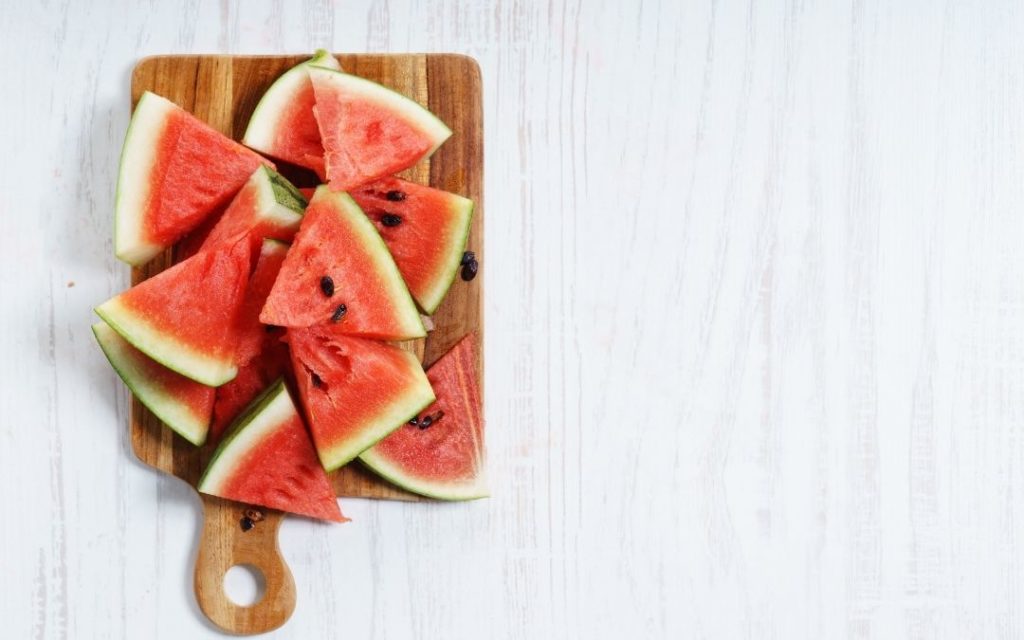
How Will I Tell If My Melon Has Gone Bad?
Food poisoning is not what many would love to go through, and this is why you must be able to tell if your watermelon has gone bad. Fortunately, there are many ways to tell if your watermelon has gone bad, and we will go through each of those methods.
The First Method: Check the Signs
- Check for Spots and Molds
The first step you need to take to know whether your watermelon has gone bad is to look for a few signs. Look for any black patches, commonly known as molds, and you should find them on your melon’s outside areas.
- Pay Attention to the Color
Watermelon has the stereotypical look of being stripped. It has an alternating pattern of dark and a lighter shade of green color. However, there is another appearance for watermelon—a constant shade of green that resembles a pine.
- Check the Flesh
Examine the fruit flesh by cutting it open. The seed is already detaching itself from the body at times, and usually, the flesh might get a touch slimy. And if your watermelon has gone bad, the first thing you’ll notice is that it will begin to fade.
- Check for the Smell
The scent might be a dead giveaway that your fruit has gone rotten. If it suddenly smells acidic or sour, it’s probably time to toss it out.
The Second Method: Keep Tabs on the Dates
- The Expiration Date
As for this approach, the general guideline is to use it if you’re eating pre-cut watermelons. Checking the expiration date is the first step in preventing the consumption of melons that have gone bad.
- Store It In The Fridge
You could do this for at least the first two to three days. Please feel free to consume your watermelons after this period has passed. However, you could still determine if your melon has gone bad using the first method I discussed above.
- Check Each Cut
If you cut your melons before storing them, the chances are that the signs might look slightly different. In this regard, you’ll need to check on the color of the watermelon’s flesh and the scent to determine if it’s still safe for consumption.
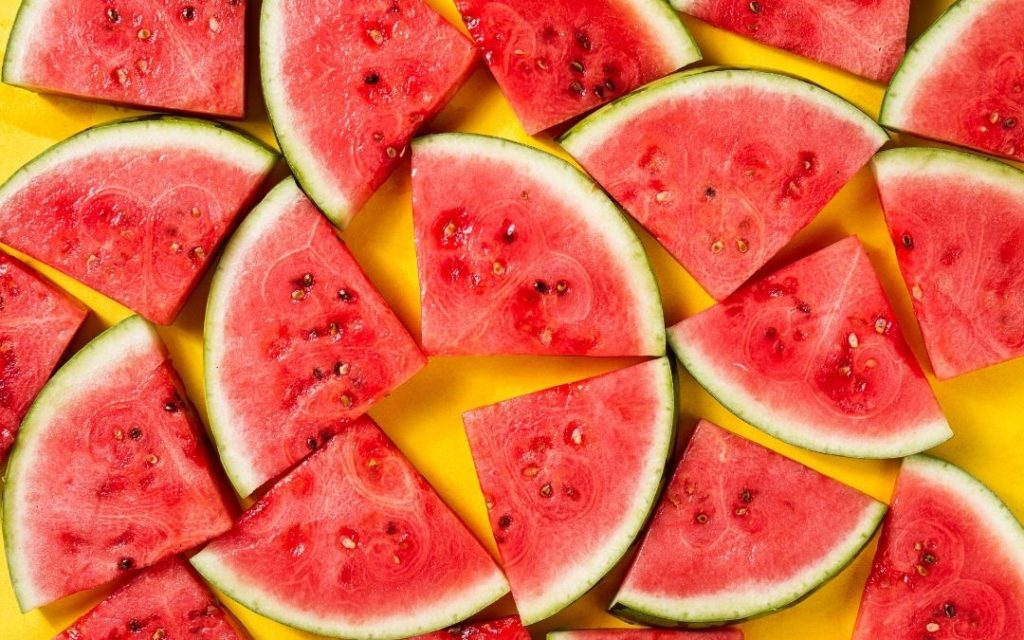
Related Questions
1. How Long Can You Keep Uncut Watermelon At Room Temperature?
Uncut watermelon can be stored at ambient temperature for about two weeks or refrigerated between 45 and 50°. Uncut watermelons have a lower shelf life in the refrigerator, so keep them at ambient temperature until ready for consumption. Please note that watermelons acquire an off-flavor, get pitted, and lose color after two days at 32°F.
2. Can You Get Sick From Old Watermelons?
Yes, eating old watermelon may cause food illness. Vomiting, nausea, fatigue, and headache are the first symptoms you’ll experience when you consume old watermelon, and these symptoms will start to show within a few hours.
3. How Do You Store An Uncut Watermelon?
Uncut ripe melons can be stored in the refrigerator for up to 5 days. To help keep a half melon fresh, leave the seeds in and once you’ve sliced the melon into portions, wrap the rest in plastic paper and store it in the fridge for three to five days.
4. Is It Ok To Eat Watermelon Every Day?
Yes, it is safe to eat watermelon daily. Watermelons should not cause any significant negative effects if consumed in moderation. However, if you consume an excess of the fruit regularly, you may face side effects from having too much lycopene or potassium.
5. When Should You Not Eat Watermelon?
It is not advisable to eat watermelons shortly before going to bed. Watermelon is somewhat acidic, and consuming it at night may cause a delay in digestion while the body is sedentary.
